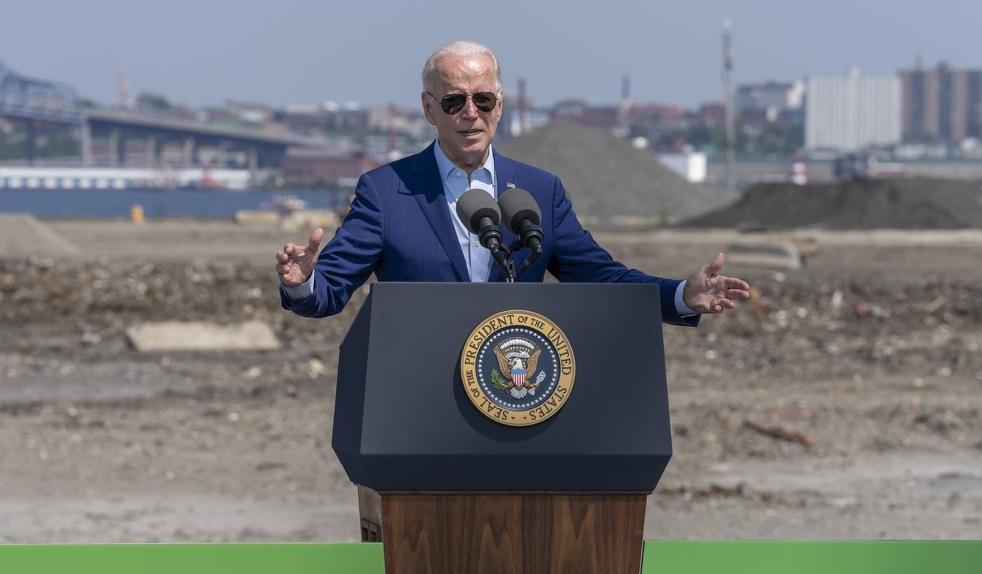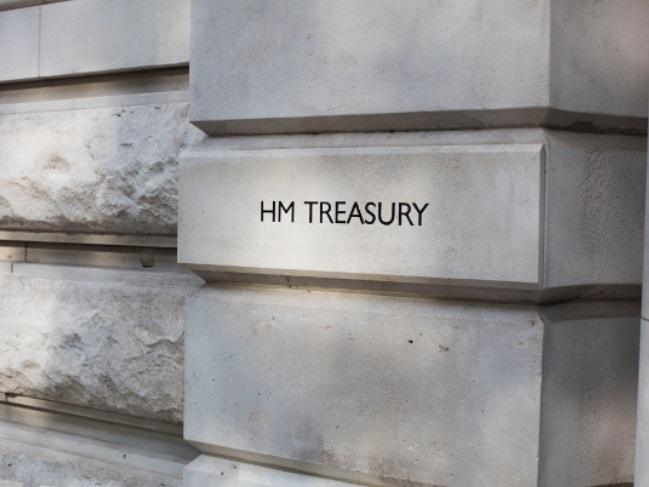Biden Calls Climate Change an Emergency, Considers Use of Executive Powers to Take Action
President Biden indicated that he may declare climate change a national emergency, enabling him to use executive powers to force actions to advance his climate agenda, which is facing obstacles in Congress.
Speaking on Wednesday at a former coal plant in Massachusetts that is in the process of being converted to a facility producing cables for the offshore wind sector, Biden said, “let me be clear: Climate change is an emergency,” and promised “formal, official government actions through the appropriate proclamations, executive orders, and regulatory power that a President possesses,” within the coming weeks.
Addressing climate change has been a major focus for the Biden administration, which announced a series of climate-focused executive actions immediately upon taking office, followed by moves to significantly boost offshore wind capacity, mandate the shift to zero emissions vehicles, and allocate billions to energy transition-focused activities as part of the Bipartisan Infrastructure Law.
Several of the administration’s climate policies are threatened by inaction in Congress, however, with a climate funding bill last week losing key support from Democratic Senator Joe Manchin.
Biden said that Congress “has failed” in its duty to protect the economy from the effects of climate change, adding that “since Congress is not acting as it should,” he will look at the climate crisis as an emergency.
It remains unclear what actions Biden would take under an emergency declaration, though initiatives could include oil production or export limitations, funding for renewable energy projects, or actions to accelerate the transition to electrified transport, although many of these could be politically unpopular as U.S. consumers and businesses already face high energy costs.
The administration has already used its executive powers to advance its clean energy agenda, invoking the Defense Production Act earlier this spring to accelerate domestic production of solar panel parts, as well as other clean energy technologies, and reduce reliance on foreign manufacturers.
While Biden has not yet responded to pressure to officially declare a climate emergency to enable further executive actions, he made clear in his speech that the declaration was on the table:
“I’ll say it again loud and clear: As President, I’ll use my executive powers to combat climate — the climate crisis in the absence of congressional actions.”
Asked after the speech why he did not yet declare an official emergency, Biden said that he was “running into traps on the totality of the authority I have,” adding that he “will make that decision soon.”
While promising further action, the administration did announce several climate initiatives on Wednesday, including actions to advance offshore wind development off the Atlantic coast and Florida gulf coast, announcing plans to potentially designate new offshore wind areas in the Gulf of Mexico, and allocating $2.3 billion in infrastructure funding to help communities build resilience to climate-related events such as heat waves, drought, wildfires, floods, and hurricanes.
Sustainability-focused organizations applauded the President’s initiatives, but urged the administration to go farther to advance the climate agenda. In a statement after the event, Mindy Lubber, CEO of sustainability non-profit Ceres lauded the “substantial action” announced by Biden, and called for “strong executive action at the federal level to ensure we have a national approach to meeting this global challenge.”
Lubber added:
“We need much more at all levels of government and in both the public and private sectors. We urge Congress to bolster these efforts with the bold clean energy legislation required to meet our climate and economic goals and call on President Biden to take further action in the coming weeks and months.”





